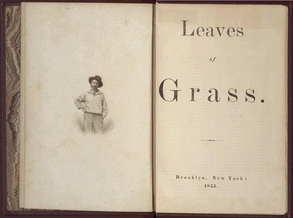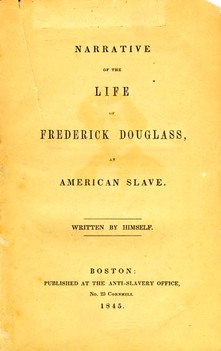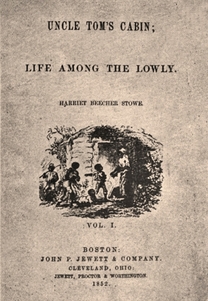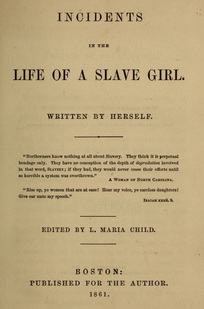1850 - 1861
Historian and literary scholars refer to this time as the Antebellum period. It's a volatile period of political and social upheaval that ended with the Confederates attacking Fort Sumter in Charleston Harbor, South Carolina. It became a lively time of social turmoil. The political polarization also was reflected in song, poetry, fiction, journalism and sermons.
Romantic poets and authors had difficulty maintaining a balance of theme. Various traits of Romanticism -- like the emphasis upon the individual, the emotional, and the Romantic Hero -- became extreme. Sentimentality substitutes for honest sentiment, hostility replaced passion. Emotions became intensified. Slavers grew more defensive and violent in actions; the number of abolitionists grew larger as they became politically stronger.
Four powerful books were published during this time that the Southerns could not answer:
Uncle Tom's Cabin by Harriet Beecher Stowe
Incidents in the Life of a Slave Girl by Harriet Anne Jacobs
Narrative of the Life of Frederick Douglass An American Slave by Frederick Douglass
The last book revolutionized poetry in the English Language: Walt Whjtman's Leaves of Grass.
Romantic poets and authors had difficulty maintaining a balance of theme. Various traits of Romanticism -- like the emphasis upon the individual, the emotional, and the Romantic Hero -- became extreme. Sentimentality substitutes for honest sentiment, hostility replaced passion. Emotions became intensified. Slavers grew more defensive and violent in actions; the number of abolitionists grew larger as they became politically stronger.
Four powerful books were published during this time that the Southerns could not answer:
Uncle Tom's Cabin by Harriet Beecher Stowe
Incidents in the Life of a Slave Girl by Harriet Anne Jacobs
Narrative of the Life of Frederick Douglass An American Slave by Frederick Douglass
The last book revolutionized poetry in the English Language: Walt Whjtman's Leaves of Grass.

Leaves of Grass, 1st Edition
by
Walt Whitman



